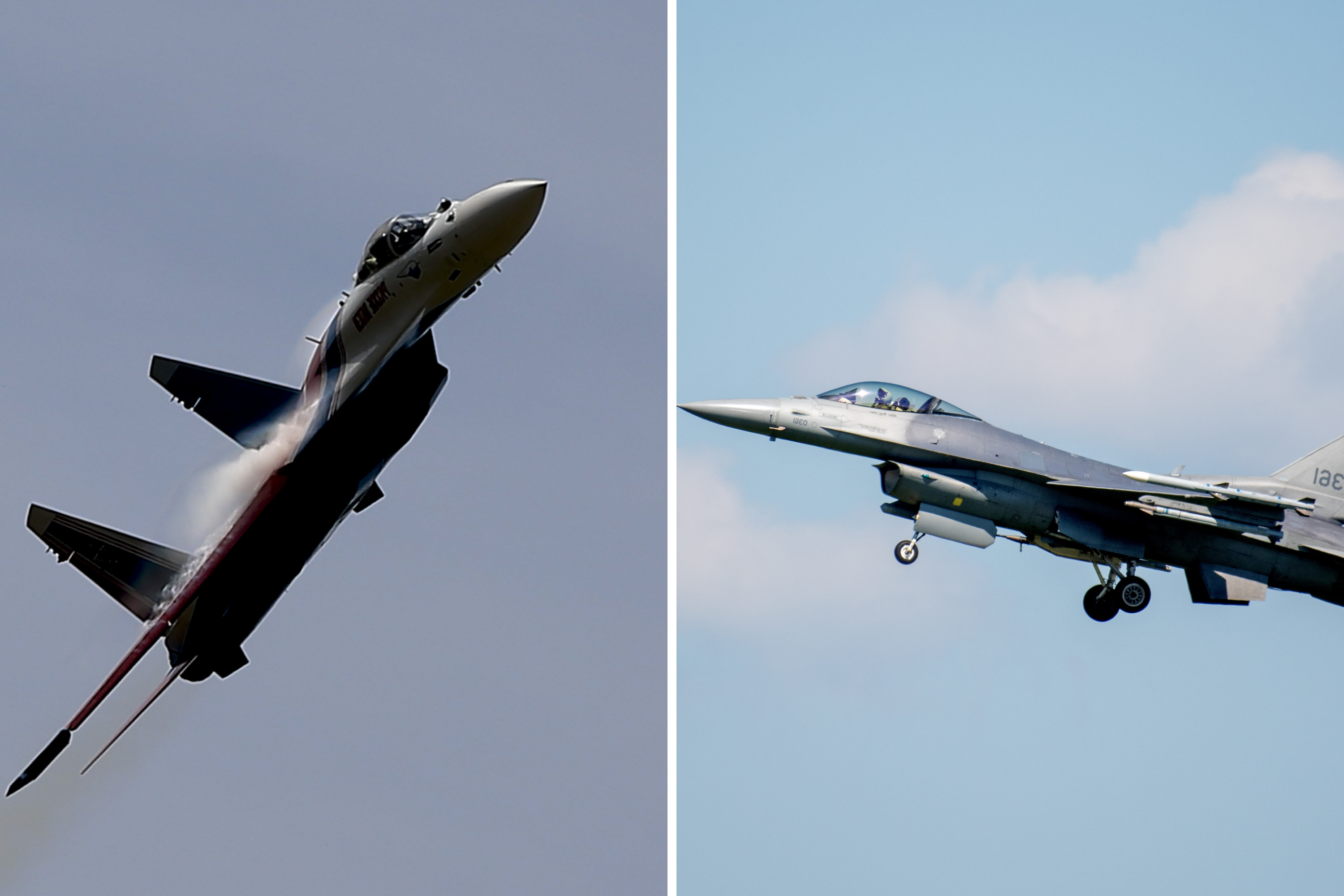This article first appeared on the Atlantic Council site.
On July 7, the United States, Russia, and Jordan announced a de-escalation agreement for the southwest border area in Syria.
The agreement was scheduled to go into effect on Sunday, July 9 and the purpose of the agreement is to allow these countries and any groups they support in the region to focus on fighting ISIS.
Below is commentary from Atlantic Council experts Ambassador Frederic C. Hof and senior fellow Faysal Itani.

Frederic C. Hof
The American-Russian announcement of a ceasefire for southwestern Syria represents potential good news for civilians who have recently been barrel bomb targets of the Assad regime.
If the terms of the agreement exempt civilians from air and artillery attacks, it could be a useful first step toward productive peace talks in Geneva.
Previous arrangements for a cessation of hostilities foundered, in early 2016, on the lack of an enforcement mechanism and on the ubiquitous presence of spoilers: the Assad regime, Iranian-led militias, and the Nusra Front. One may add to this volatile mix in southwestern Syria the presence of some ISIS elements.
The willingness and ability of Moscow and Washington to suppress these perennially bad actors will likely spell the difference between success and failure this time around.
For Jordan, a stabilized southwestern Syria is of paramount importance: the last thing the Hashemite Kingdom needs is another refugee tsunami. For Israel, keeping Hezbollah and ISIS away from the Golan is likewise very important.
If, however, the rationale for this arrangement is simply to suppress ISIS and other Islamist extremists, their presence in populated areas could attract indiscriminate air and artillery assaults and their eventual elimination might fail to advance the cause of political transition away from a corrupt, incompetent, and malevolent regime whose very existence abets extremism and terrorism.
Faysal Itani
There have been multiple ceasefire, cessation of hostilities, de-escalation, and deconfliction agreements in Syria. Without exception they have failed to pacify large geographies of the country.
The only instances in which violence has ended are those in which the regime forcefully subdues opposition-held areas and evacuates populations. This is due to the simple fact that there cannot be lasting ceasefires if they do not serve the interests of the key belligerents that also happen to be winning the war: In this case, Iran and the Assad regime.
An internationally mandated de-escalation arrangement in southern Syria requires the regime and Iran to relinquish claims to total control of a critical geography of Syria in which approaches to the capital and borders fall.
This is theoretically possible were they faced with a formidable insurgency with committed foreign backers, or the credible threat of punitive force by international powers if they violate an agreement.
They face no such constraints. The regime and Iran will abide by agreements that temporarily suit their purpose (such as allowing them to redeploy troops to other fronts) until they are ready to focus once again on compelling the opposition to surrender territory.
Even if Russia is acting in good faith and does believe the regime would be well-served by abiding by such an agreement, I doubt very much that it has the capacity to force it to do so.
A US military deployment would suffice to block regime and Iranian advances but is unlikely in the extreme, and would introduce one of the belligerents as a policing power in contested territory.
Incidentally, Russia, which is reportedly being considered for a police role, fits that description exactly.
Frederic C. Hof is director of the Atlantic Council's Rafik Hariri Center for the Middle East.
Faysal Itani is a senior fellow with the Atlantic Council's Rafik Hariri Center for the Middle East.
Uncommon Knowledge
Newsweek is committed to challenging conventional wisdom and finding connections in the search for common ground.
Newsweek is committed to challenging conventional wisdom and finding connections in the search for common ground.
About the writer
To read how Newsweek uses AI as a newsroom tool, Click here.








